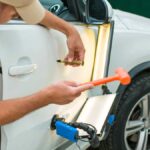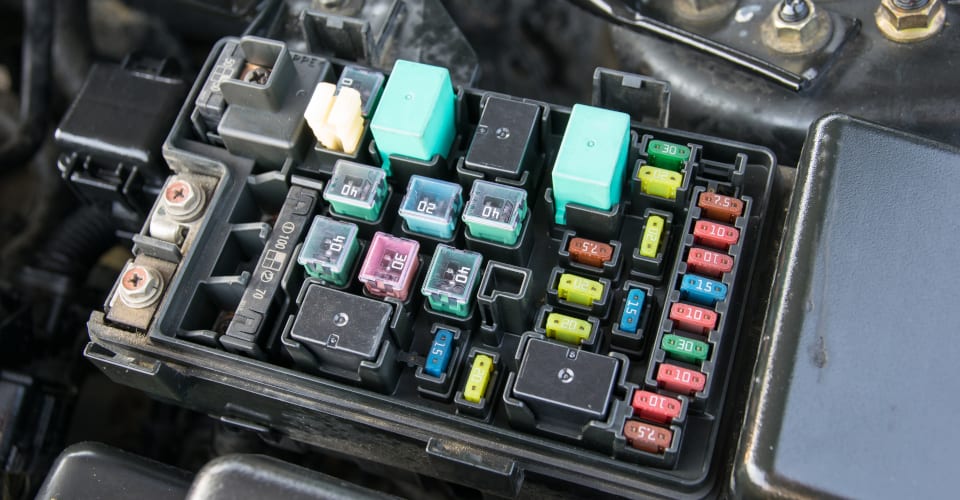
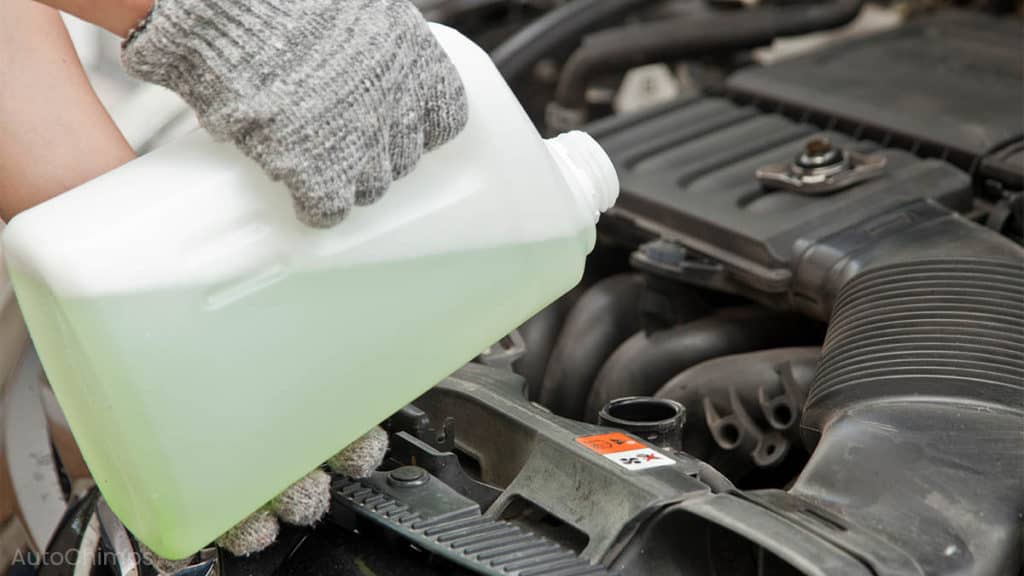
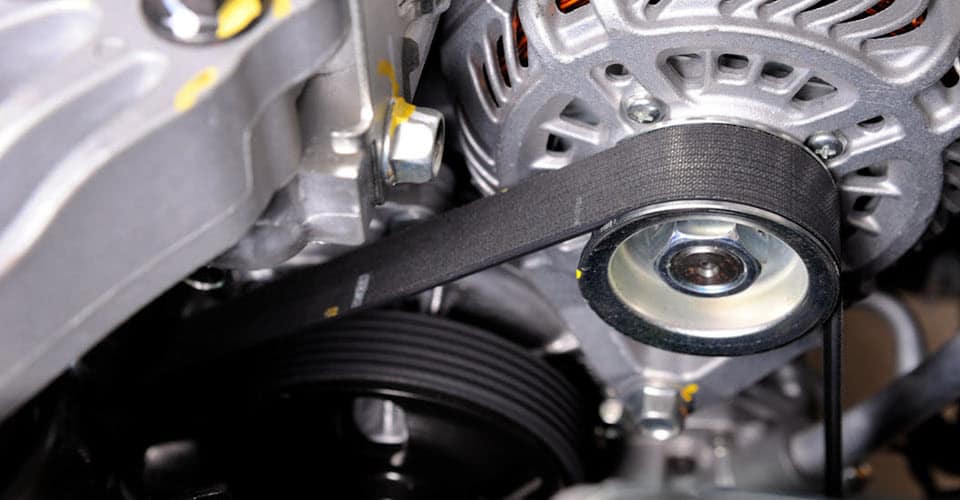
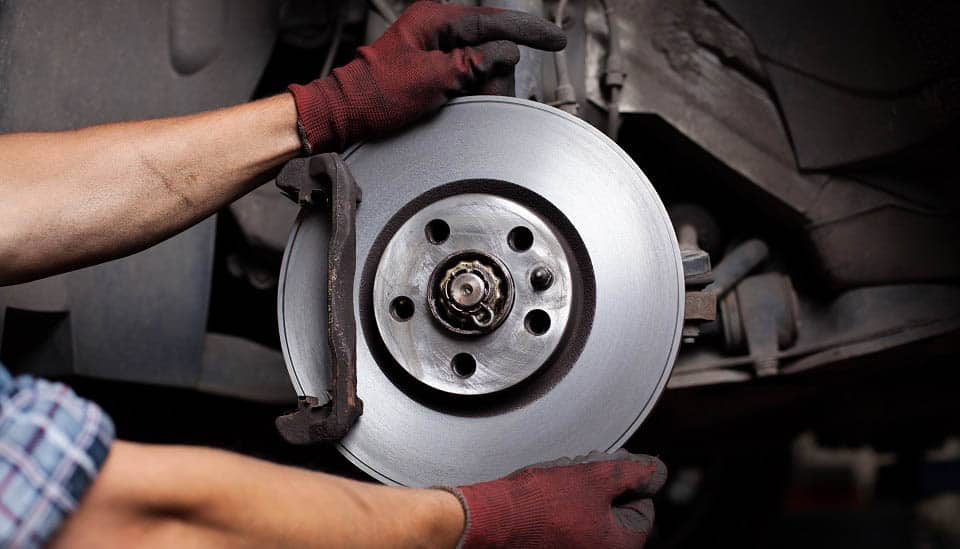
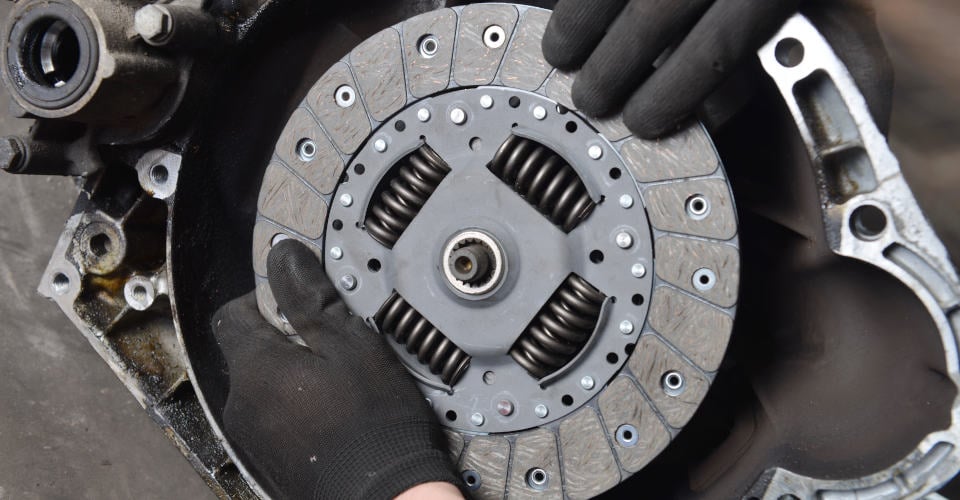


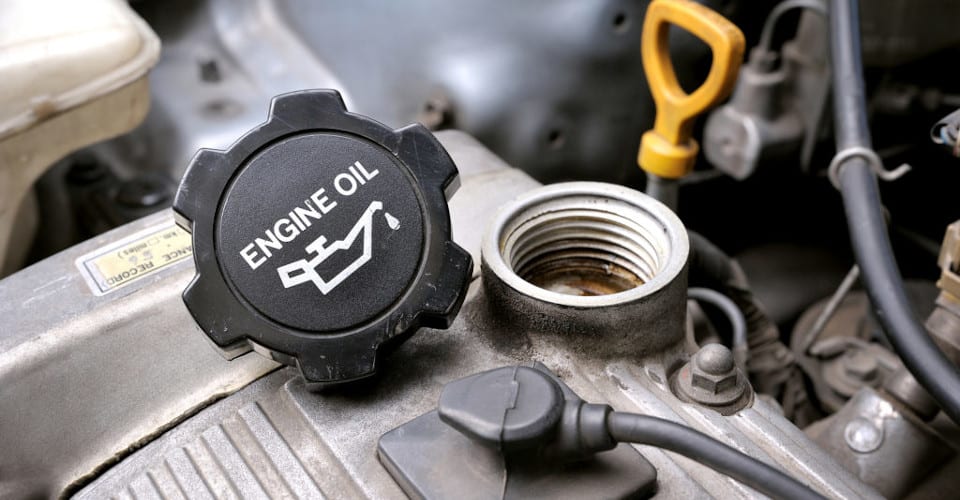

Why Does My Car Smell Like Burning Rubber? Here Are 8 Common Reasons
There are good smells, and then there are the ones that make you cringe. Grandma’s cookies? Awesome. That first cup of coffee? Fantastic. But burning rubber in a car? Not so much. If the question “Why does my car smell like burning rubber after driving?” is on your mind, keep reading. This guide’s got the scoop on what might be going wrong and how to fix it.
The Top 8 Reasons for That Burning Rubber Smell
- A hose is worn or loose
- There’s an electrical short somewhere
- Your engine is burning oil
- You’re leaking radiator coolant
- Your drive belts are getting hot
- A foreign object is burning
- Your brakes are hot
- The clutch is going out
Smelling burnt rubber doesn’t always mean the end of the world, but it’s a sign that something needs attention. Catching the issue early can save a lot of headaches down the road. Let’s break it down, starting with those pesky hoses.
Reason #1: A Hose Is Worn or Loose

Car engines generate a ton of heat, especially after running for a while. This can lead to hoses melting. Not all hoses are made from the same stuff, so if one’s damaged or loose, it might not just smell like rubber—it could be leaking fluids too. Keep an eye out for pressure loss, white smoke, or puddles under the car.
Reason #2: There’s an Electrical Short Somewhere

If burnt rubber wafts from the AC vents and fades quickly, it might be an electrical short. This usually means a fuse is burning out. Check the fuse box for any blown fuses—replacements are cheap and easy to find. If the same fuse blows again, it’s time to get a pro to dig deeper.
Reason #3: Your Engine Is Burning Oil

Oil leaks can smell like burnt rubber when they hit hot engine parts. Common culprits include worn gaskets or seals. Ignoring an oil leak can lead to serious engine problems, like overheating or a blown head gasket. Keep an eye on oil levels and look for signs of leaks.
Reason #4: You’re Leaking Radiator Coolant

Coolant leaks can also produce that burnt rubber smell when it drips onto hot engine components. While it’s not rubber itself, the scent is similar. A coolant leak can lead to overheating, which can crack the engine block or blow the head gasket. Look for green or orange fluid pooling under the car.
Reason #5: Your Drive Belt Is Getting Hot

The drive belt powers several components like the water pump and alternator. If something’s off, it can create friction and heat, leading to burnt rubber smells. Listen for squealing sounds from under the hood—this could mean it’s time for a replacement.
Reason #6: A Foreign Object Is Burning

Sometimes, it’s just a foreign object causing the smell. Maybe a plastic bag got stuck under the hood or something fell onto the exhaust. A quick check under the hood and around the exhaust pipe can help identify and remove the culprit.
Reason #7: Your Brakes Are Hot

If the brakes have been working hard—like going down steep hills—they might be the source of the burnt smell. This is usually normal, but if it happens often, there could be a problem, like a stuck caliper pressing against the rotor even when the pedal isn’t pushed.
Reason #8: The Clutch Is Going Out

For those driving manual cars, a burnt rubber smell might signal a burnt clutch. This usually happens from improper shifting, which can grind gears. If this keeps happening, it’s time to consider a clutch replacement.


